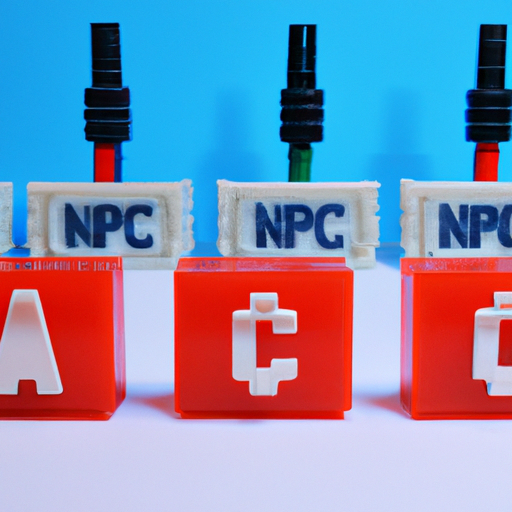Capacitor networks are an essential component in many electronic devices and systems, playing a crucial role in storing and releasing electrical energy. These networks are used in a wide range of applications, from power supply systems to signal processing circuits. In this article, we will explore the main application directions of capacitor networks and their importance in various industries.

Another important application of capacitor networks is in signal processing circuits. Capacitors are used to block DC signals while allowing AC signals to pass through, making them essential components in filters and amplifiers. Capacitors are also used in timing circuits, where they control the frequency and duration of signals. In audio systems, capacitors are used to block low-frequency noise and improve the quality of the sound output.
Capacitor networks are also widely used in communication systems. Capacitors are used in radio frequency (RF) circuits to tune and filter signals, ensuring optimal performance and signal quality. Capacitors are also used in impedance matching circuits to maximize power transfer between components. In wireless communication systems, capacitors are used to store energy and regulate voltage levels, ensuring reliable transmission and reception of signals.
In the automotive industry, capacitor networks are used in various applications, including engine control units, airbag systems, and entertainment systems. Capacitors are used to store energy and provide a quick burst of power when needed, such as during engine start-up or airbag deployment. Capacitors are also used in lighting systems, climate control systems, and other electronic components in modern vehicles.
Capacitor networks are also essential in renewable energy systems, such as solar panels and wind turbines. Capacitors are used to store excess energy generated by these systems and provide a stable power supply to the grid. Capacitors are also used in power factor correction circuits to improve the efficiency of energy conversion and reduce energy losses.
In the field of medical devices, capacitor networks are used in various applications, including pacemakers, defibrillators, and imaging systems. Capacitors are used to store energy and deliver precise electrical pulses to the patient, ensuring proper functioning of these life-saving devices. Capacitors are also used in medical imaging systems, such as MRI machines, to filter out noise and improve image quality.
In the aerospace and defense industries, capacitor networks are used in a wide range of applications, including radar systems, communication systems, and missile guidance systems. Capacitors are used to store energy and provide a quick response to changing conditions, ensuring optimal performance in critical missions. Capacitors are also used in electronic warfare systems to jam enemy signals and protect sensitive information.
In conclusion, capacitor networks play a crucial role in a wide range of applications, from power supply systems to signal processing circuits. These networks are essential components in electronic devices and systems, ensuring reliable operation and optimal performance. Capacitor networks are used in various industries, including automotive, renewable energy, medical devices, aerospace, and defense. As technology continues to advance, the demand for capacitor networks is expected to grow, driving innovation and development in this important field.





